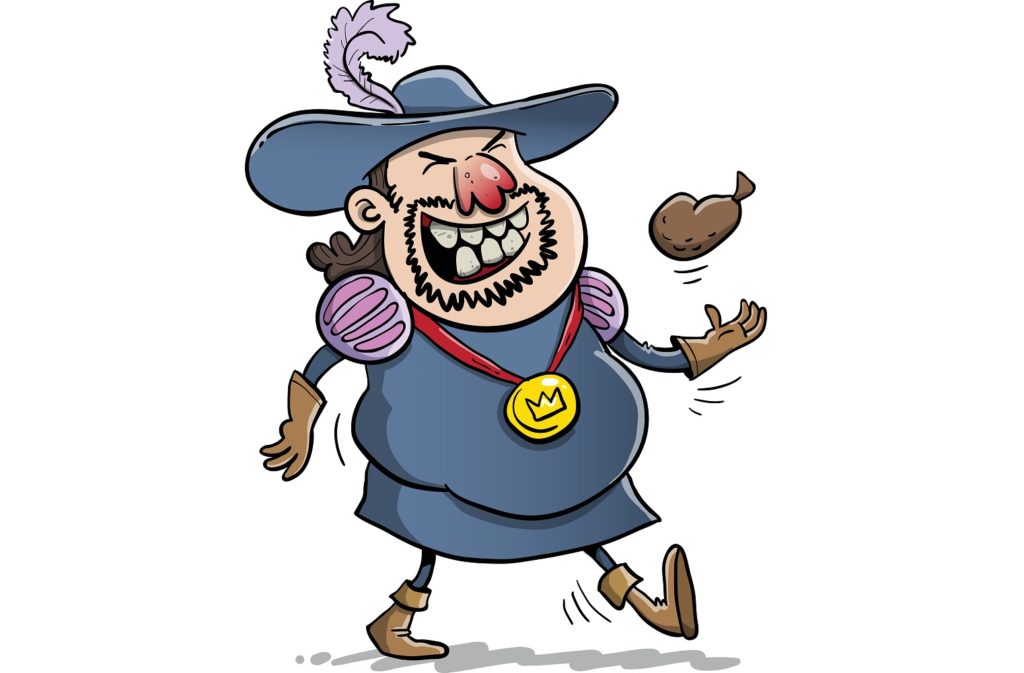US-based commission-free stock broker Robinhood has had a tough time lately, over the last three months the company’s share price has fallen by almost -62% and year to date the stock is down by-12.00%.
Robinhood is due to report earnings on January 27th and investors will be eager to hear about trading volumes and active account numbers during the fourth quarter of 2021.
However, in the interim, another news story has caught our eye.
Whats has happened to Robinhood?
Robinhood has been ordered to pay $30,000 compensation to a US retail trader Jose Batista, who filed a complaint with US regulator FINRA’s arbitration service.
Mr Batista made the complaint because of trading restrictions that were placed on his account at Robinhood on the 28th of January last year, at the peak of the meme investing and short squeeze boom.
Mr Batsista wanted to close two positions that were open on his account, however, he was unable to close the trades because of the trading restrictions, and was forced to watch the share prices of the stocks in question plummet instead.
The FINRA arbitration panel did not comment on why it made the award to Mr Bastista, however, his lawyers, Lorio Altamirano LLP, posted a Q&A on their website which set out why they thought they had won the claim it said:
“Despite the noise and rumours surrounding Robinhood’s motivations for implementing the trading restrictions, we let the discovery and facts guide us. Ultimately, our case theory focused on Robinhood’s inadequate liquidity management practices and monitoring of its counterparty risk.”
The lawyers added that
“Additionally, we attacked, head-on, the notion that Robinhood’s customer agreement gives it unfettered right to restrict trading for any reason, at any time. We argued and still believe that it does not.”
Why did Robinhood place trading restrictions on its client’s accounts in January last year?
Robinhood restricted trading in certain stocks such as Gamestop, AMC and other so-called meme stocks in order to maintain an orderly market Robinhood was not the only broker that limited client activity at that time but its high profile meant that it got the most media coverage.
In what circumstances might trading activity be limited?
Limiting trading activity is nothing new and in fact, safety valves are built into most financial markets to prevent overheating and blow-ups. They range from overall position limits in an instrument which are common on Futures and Options exchanges and among CFD and FX brokers too.
Trading halts may be implemented if a stock price index or commodity has moved too far too fast. Typically trading is halted for a fixed period of say 10 minutes before resuming, in some cases, the market re-opens with an auction to determine the new price for the instrument.
Where an exchange or regulator believes that a disorderly market is in operation, trading in an instrument may be suspended for a longer period, or perhaps even indefinitely.
Other tools used to stop markets overheating include raising initial margins and or stock borrowing costs.
In exchange-traded products, the exchange and or its clearinghouse/settlement agent set margin rates, and even a broker is only dealing in non-levered instruments, such as cash equities, they will still need to pledge margin with their clearers and settlement agents, as surety against future liabilities.
As volumes of business grow the broker will likely need to pledge more margin, and if that business is perceived as being riskier than usual, then the broker may be asked to pledge still more margin to cover that perceived risk.
What does the FINRA panel’s judgement mean for Robinhood?
FINRA’s arbitration does not set a legal precedent and each case is judged on its merits by an individually convened panel, that could reach a different decision about a similar case. The arbitration service is used to settle cases where $50,000 or less is involved so it’s not suitable for large class actions.
However, as one commentator put it clients may smell blood in the water and may choose to pursue a similar course of action to Mr Batsista. Given that Robinhood is thought to have as many as 18.00 million clients that could prove to be very expensive indeed if FINRA sided with future complainants.

With over 35 years of finance experience, Darren is a highly respected and knowledgeable industry expert. With an extensive career covering trading, sales, analytics and research, he has a vast knowledge covering every aspect of the financial markets.
During his career, Darren has acted for and advised major hedge funds and investment banks such as GLG, Thames River, Ruby Capital and CQS, Dresdner Kleinwort and HSBC.
In addition to the financial analysis and commentary he provides as an editor at GoodMoneyGuide.com, his work has been featured in publications including Fool.co.uk.
As well as extensive experience of writing financial commentary, he previously worked as a Market Research & Client Relationships Manager at Admiral Markets UK Ltd, before providing expert insights as a market analyst at Pepperstone.
Darren is an expert in areas like currency, CFDs, equities and derivatives and has authored over 260 guides on GoodMoneyGuide.com.
He has an aptitude for explaining trading concepts in a way that newcomers can understand, such as this guide to day trading Forex at Pepperstone.com
Darren has done interviews and analysis for companies like Queso, including an interview on technical trading levels.
A well known authority in the industry, he has provided interviews on Bloomberg (UK), CNBC (UK) Reuters (UK), Tiptv (UK), BNN (Canada) and Asharq Bloomberg Arabia.
To contact Darren, please see his Invesdaq profile.

